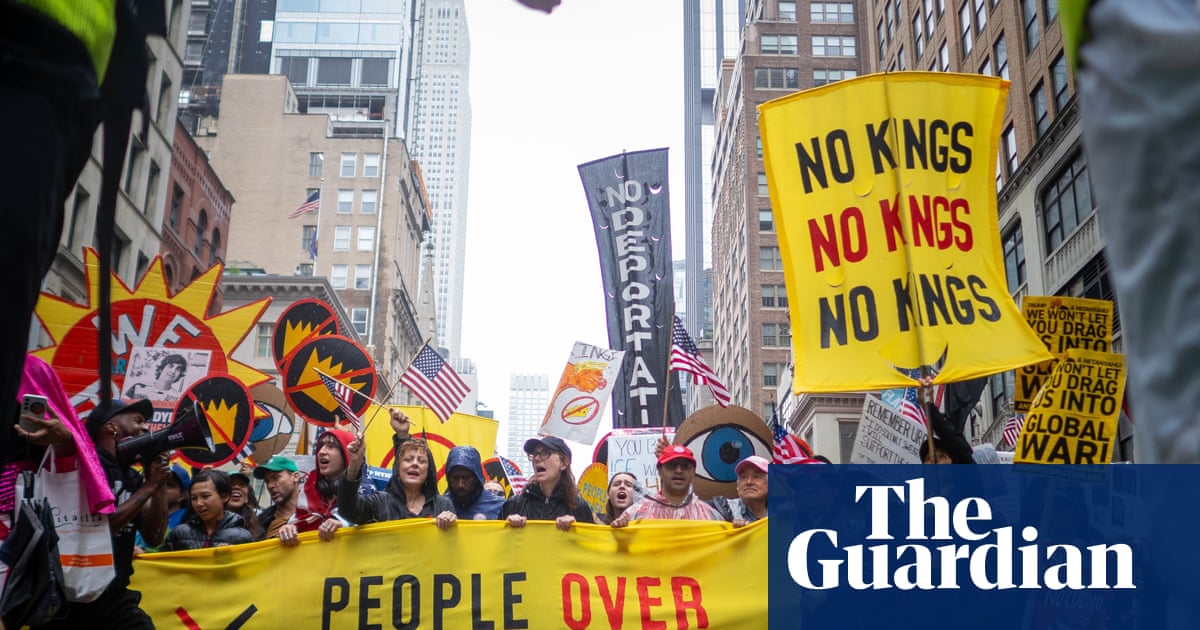Donald Trump recently announced plans to expand immigration enforcement in major Democratic cities. This response came after large protests against his administration, where millions voiced their disagreement. Despite his call for action, reports suggest that US Immigration and Customs Enforcement (ICE) is struggling financially and could run out of money soon.
As Axios pointed out, ICE is currently over budget by $1 billion, which raises questions about the feasibility of Trump’s crackdown. Although Trump proposed a substantial budget boost for ICE, there’s uncertainty about whether Congress will approve it. If not, he might reallocate funds from elsewhere in the government.
In a post on Truth Social, Trump emphasized that large cities like Los Angeles and Chicago are home to many undocumented immigrants. He claimed these areas have become centers of Democratic power, which he believes could potentially help expand their voter base. However, it’s important to note that non-citizens cannot vote in U.S. elections, and studies have found no widespread evidence of voter fraud involving undocumented immigrants.
Trump’s position on immigration has shifted frequently. Last week, his administration had instructed ICE to pause non-criminal workplace enforcement, responding to backlash from industries like farming, which rely on immigrant labor. However, just days later, he reversed this stance, calling for a significant increase in deportations in Democratic-led cities.
This situation is creating a tug-of-war between public sentiment and Trump’s immigration policy. Social media reactions have been mixed, with many users expressing frustration over the politicization of immigration enforcement. For instance, after a military parade in Washington, D.C., some attendees described the event as “lame,” reflecting broader dissatisfaction.
Critics argue that Trump’s approach aims to further divide the electorate. His rhetoric often targets specific states and cities run by Democrats, which some view as a strategy to rally his base rather than act in the nation’s interest. CBS News reports that advisors like Stephen Miller are pushing for drastic measures, demanding thousands of arrests each day.
Analysts note that such actions could harm ICE’s public image, as they might be perceived as performing a political task rather than focusing on national security. This politicization of law enforcement is concerning, especially during an already tense political climate.
Overall, Trump’s immigration initiatives highlight an ongoing struggle between enforcement and public opinion, raising questions about the future of immigration policy in America.
Source link




















